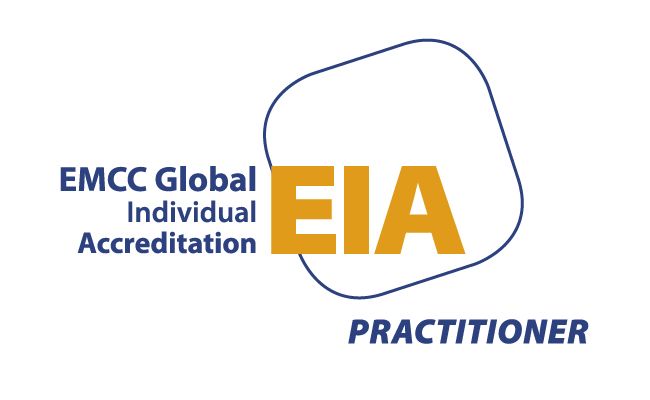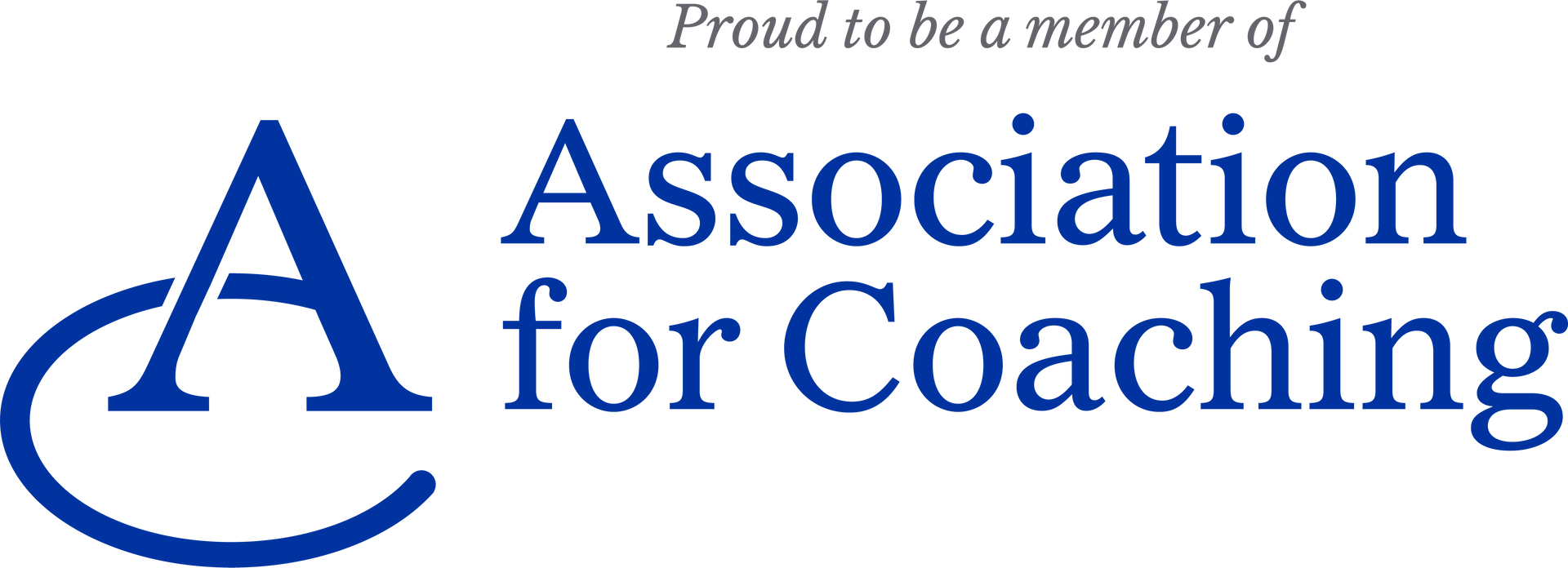How to be an effective networker and advance your career
How many times have you handed out your business card at a networking event but not followed up any connections with an email?
Alternatively, have you engaged with someone during an online forum but not linked up on social
media to further cement the relationship?
What about attending a national association meeting but omitting to contact the person you met
who is a member of your local industry branch?
Well don’t worry you are not alone. Very few of us follow up business connections made when
networking which begs the question, why do people join organisations or attend the events in the
first place?
What is networking?
Networking is defined as “individuals attempts to develop and maintain relationships with others
who have the potential to assist them in their work or career. To consciously engage in this type of
interaction is unnatural for most, which is why many of us feel awkward about it.
However, avoiding networking is not the answer if you want to get ahead in the workplace.
According to research, networking is invaluable to career growth. Some estimates suggest that up to
85% of all jobs are filled via networking.
Although all the evidence proves that networking is good for your career, it’s a skill that doesn’t
come naturally to most people. In fact, starting a conversation with a stranger at a conference or
asking a question during an online event incites outright dread for many! And surprisingly, HR
professionals can be some of the worst offenders.
According to Barbra Carlisle, a leadership coach with extensive business experience, many people
professionals are so busy helping others to get ahead in the workplace they often neglect their own
careers.
Whether this is due to low confidence or a lack of engagement in their own development, Barbra
believes that HR practitioners are not grabbing the many opportunities for networking that exist,
particularly when organisations are going through a transition.
A skill anyone can learn
If the age-old adage: ‘it’s not what you know but who you know’ has never been more accurate, how
can we foster those genuine connections which will be invaluable to our HR or L&D career?
The good news is that networking is a skill that anyone can learn. You don’t need to be a smooth
operator or an extrovert to be successful, you just need to use the right strategies.
Barbra recommends dividing networking into internal and external opportunities. Internal
networking, she explains, has become more difficult since the pandemic as increasing numbers of
professionals work remotely, but there are still ways to develop those important networks.
“In many progressive businesses, there is not a clear route for advancement. Much depends on
being in the right place at the right time. I always encourage people professionals to speak up and
not to be afraid of talking about their ambitions or what they are looking for in a future role,”
Promote your capabilities
“Think outside of HR and challenge yourself to make a new connection or look out for internal
mentoring programmes. Don’t be afraid to get in touch with the chief finance officer or whoever
inspires you in your organisation and make that connection.
“Be proud of what you are good at and promote your capabilities. Take on a stretch role for a few
months. It might mean that you work slightly longer hours, but it will be great for your CV,” Barbra
adds.
While creating professional relationships internally might be more challenging now compared to
pre-2019, there is a plethora of external networking opportunities.
“There are so many events from formal sit downs to informal freebies at local or national level,
virtual or face-to-face meetings, evening or morning get togethers, open to all or gender specific,”
Barbra says.
“I would advise people professionals to start with the CIPD which offers events at local and national
level. Join your local branch and simply get involved. Coming up, the CIPD has a national Festival of
Work conference for two days in June. It’s free to go and you can network at workshops or with
exhibitors,” she adds.
5 key ways to be an effective networker
Whether we like it or not, networking is important which means we need to know how to do it well.
There are lots of different angles to consider, so to help you on your way, we have put together a
five- step plan to building and maintaining professional relationships.
Step 1: Have a plan
At the beginning of any new learning journey, it’s always important to have a plan on who, what,
where, why, when and how. Start by asking yourself:
What are your career dreams and how can they be achieved?
What are your expectations of networking?
Do you want your networking efforts to lead to a different role, a promotion or even a new
career?
Do you want to expand your knowledge by linking with industry experts?
Do you want a mix of both?
Use this list before signing-up for any online or face-to-face networking opportunity so you know
exactly why you are going and what you want to get out of each event.
Step 2: Be kind to yourself
We know that many of us don’t enjoy networking so try and choose an occasion where you will feel
comfortable for your first event.
Start with a small group of like-minded professionals from the same sector, a lunchtime
workshop, for example.
Do your homework and try to get a list of attendees before going to an event so you can
research the people you would most like to meet.
Challenge yourself and know why you are going but don’t attend thinking you have to talk to
everyone. Experts suggest that three productive conversations in a two-hour networking
period is a good result.
Think about what you’ll say and listen to the responses.
Know how to end a conversation by exchanging business cards to signal the discussion is
coming to a close and add that you are looking forward to keeping in touch.
Step 3: Add value to your contacts
Remember successful networking is a two-way street so you need to add value to the relationship…
Share materials that you have found useful with others and try to stimulate a debate.
Offer to collaborate where there is a common interest. Could you run a lunchtime learning
session with others from your local CIPD branch, for example?
Celebrate your success and the achievements of others. If you have led a great workshop,
post about it on LinkedIn. Congratulate your contacts when they promote their good news.
Share and like announcements that your contacts post when it is of interest to your
audiences.
Lay the groundwork for developing continued professional relationships by meeting for a
coffee or lunch to prove that you are serious about staying in touch.
If asked, put in a good word about one of your connections to other professionals. They will
hopefully do this for you and who knows where this could lead.\
Step 4: Always follow up if you want to maintain good relationships
Whatever you do, wherever you go and however you meet your professional contacts, one of the
key recommendations to successful networking is to follow up and be authentic.
Don’t procrastinate but be proactive and follow up your contacts as soon as possible with an
email.
Be organised - keep a brief note of your networking conversations so you can refer to them
when you are making contact.
Connect with the people you meet on LinkedIn and Twitter. Check out their profiles, tweets
and websites for useful background information about their work and views.
Look out for any new posts from your contacts that you can share with your network.
Make it easy for new connections to follow you. Pop your contact details in a chat box when
attending an online event and say you would like to connect with others.
Step 5: Be creative and curious
Be curious about those you meet. The good news is most people love to talk about themselves so if
you ask your new connections lots of questions, they will enjoy the interaction.
If you know who you want to meet before an event, do some research about their professional
background. Expressing genuine curiosity will allow the conversation to flow more smoothly than
stilted small talk.
Be creative about seeking out new opportunities at work to increase your networks. Be immersed as
an integral part of your organisation. Become involved in company-wide projects. Ian Nicholas,
Global Managing Director at Reed advises:
“Think wider when considering your general development. Gaining wider operational and
commercial experience is going to help any future career within HR, as will any role involving people
management. Undertaking such options will help, rather than hinder your longer-term career in HR.”
The most successful networkers are those who have gained greater visibility in their profession by
discussing and sharing their ideas over time with a whole range of people including old
acquaintances. Could you make more of the connections you already have both inside and outside
of work?
Be reflective. Networking takes time to get right so it is important to consider what went well or
what you could do differently at a future event whether it’s online or in person.
Reed Learning offers a wide range of in-company training courses, professional qualifications and
learning solutions for businesses and individuals. For further information call us on 020 7932 2760.




